Discover practical tips for living green and embracing eco-friendly practices in your daily life. Learn about sustainable food choices, energy-efficient home practices, and more to reduce your environmental impact.
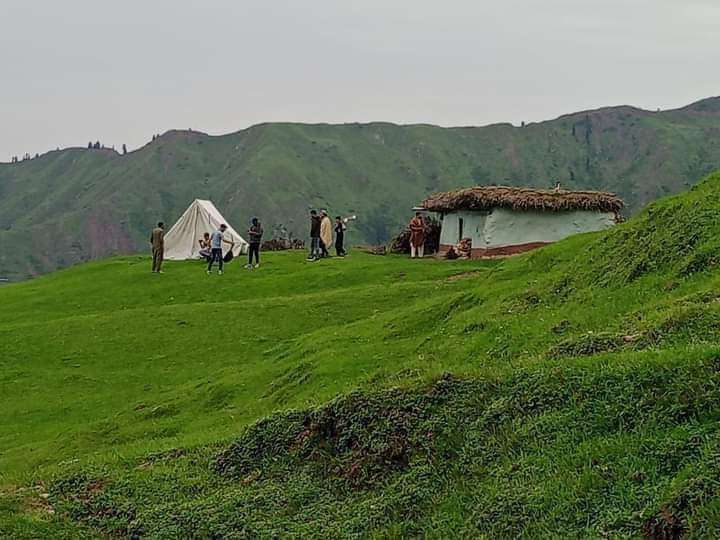

Discover practical tips for living green and embracing eco-friendly practices in your daily life. Learn about sustainable food choices, energy-efficient home practices, and more to reduce your environmental impact.
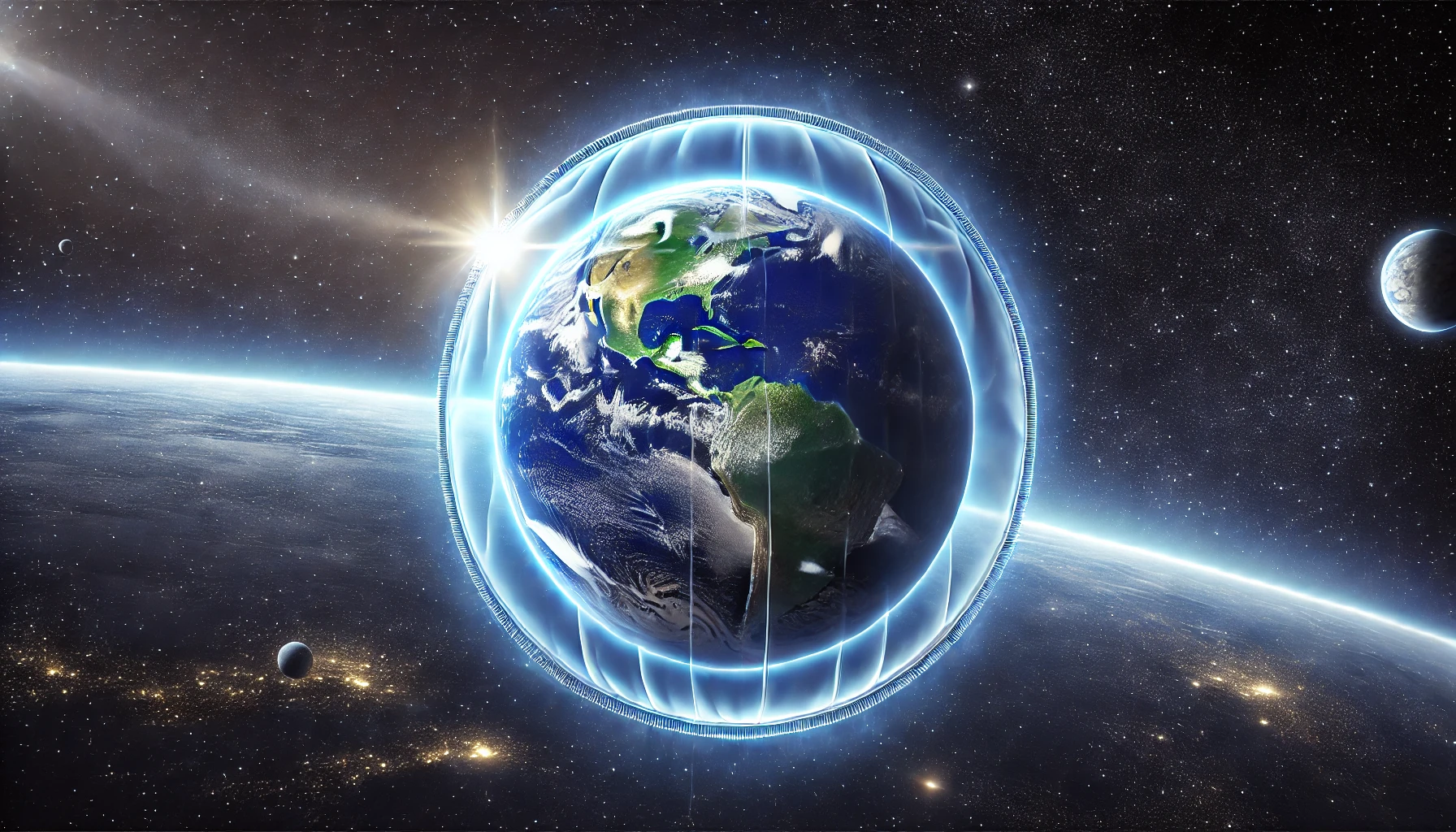
The ozone layer, a thin shield of gas in the Earth’s stratosphere, plays a crucial role in protecting our planet. By absorbing the majority of the sun’s harmful ultraviolet (UV) radiation, the ozone layer acts as a safeguard for all forms of life. Understanding the importance of ozone gases and their environmental impact is essential for preserving our planet’s future.

Explore the latest innovations and challenges in the world of renewable energy, from solar and wind to geothermal and biomass sources. Learn about the push towards sustainability amid the urgent need to transition from fossil fuels.
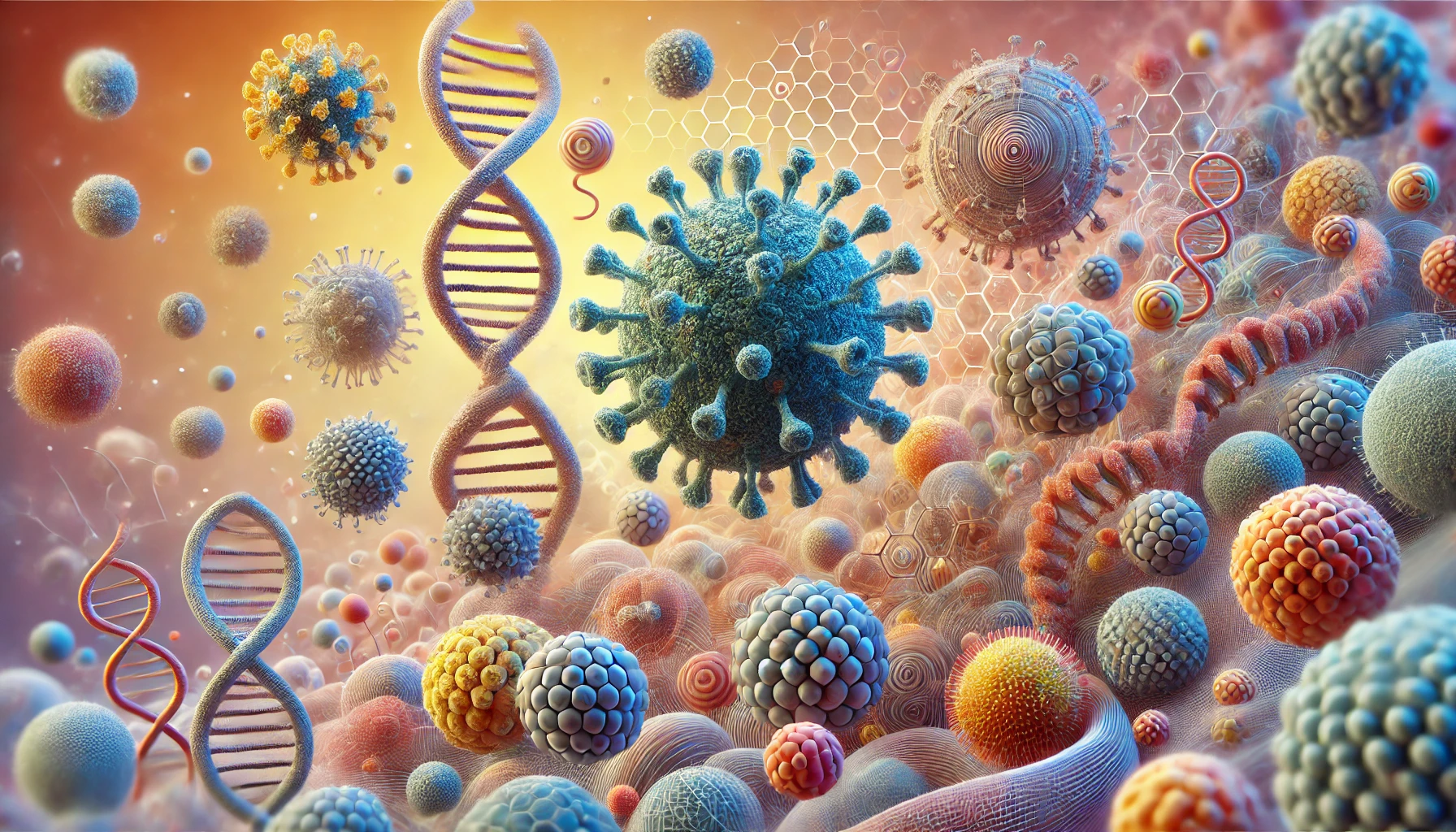
Explore the expanding realm of virus megataxonomy and its impact on understanding the diverse interactions between viruses and their hosts. Learn how advancements in metagenomics and metatranscriptomics are shaping our perception of virus diversity, evolution, and ecological roles.
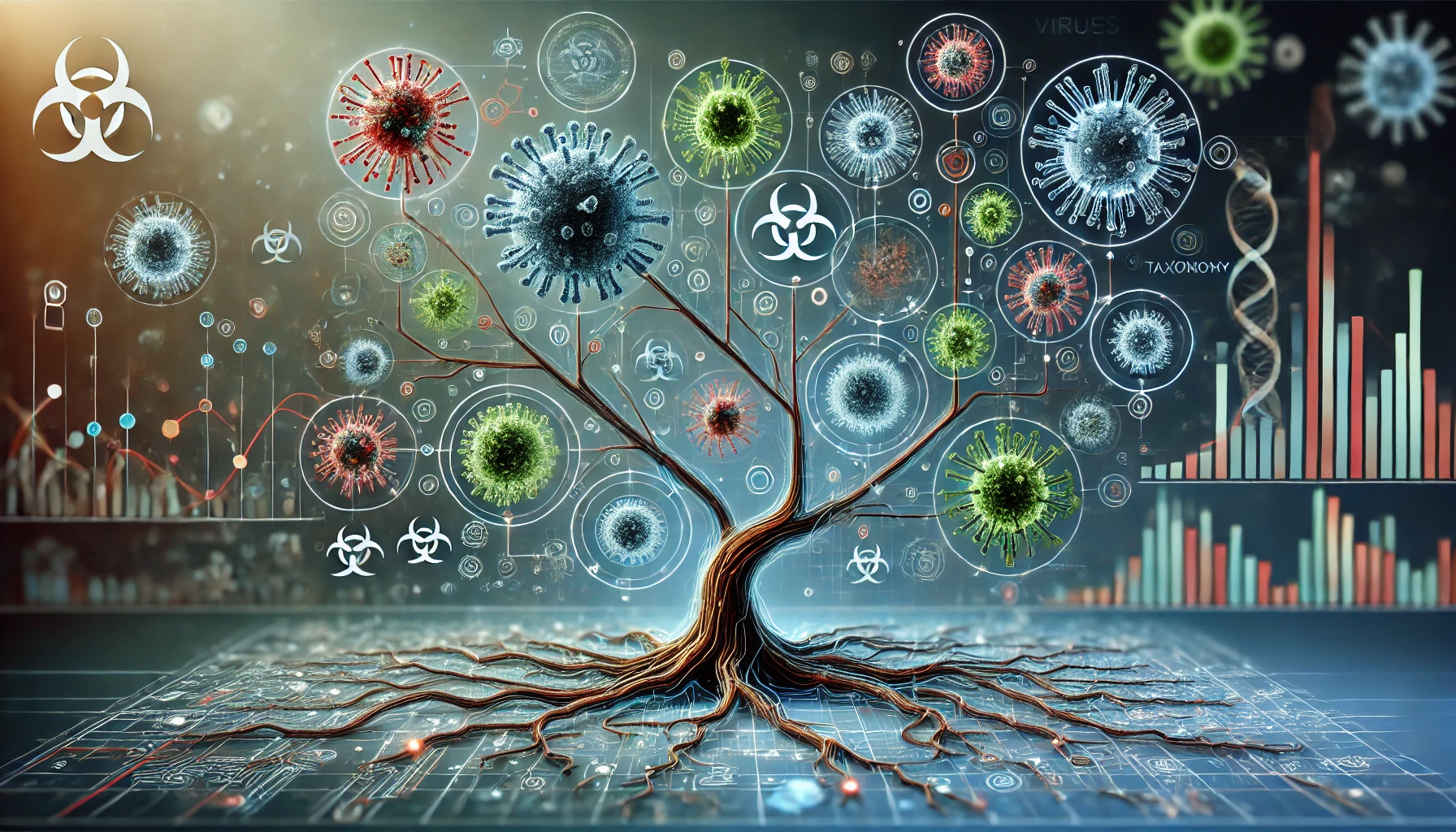
Virus taxonomy has undergone significant transformations in recent years, with the adoption of a comprehensive classification system by the International Committee on Taxonomy of Viruses (ICTV). The current structure includes four large realms, introduced in 2020, and two smaller realms added a year later. However, virus taxonomy is a dynamic field, continuously evolving with new discoveries and deeper evolutionary analyses.
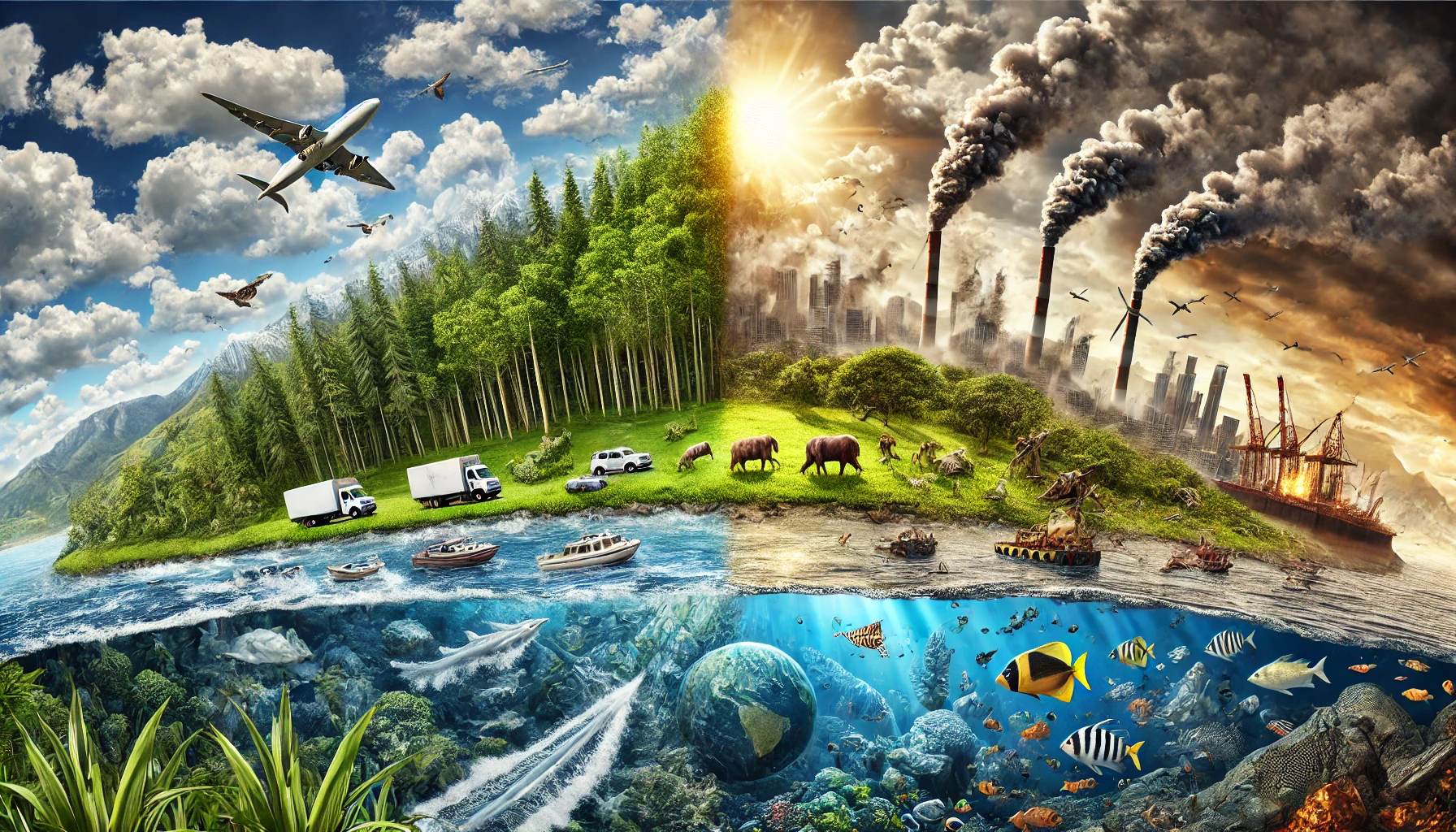
Introduction As we move further into 2024, the urgency to address ecological issues has never been more critical. From escalating climate change to rampant pollution, our planet faces unprecedented environmental challenges that threaten both ecosystems and human societies. This article delves into the most pressing ecological issues of 2024, highlighting the severity of these problems […]